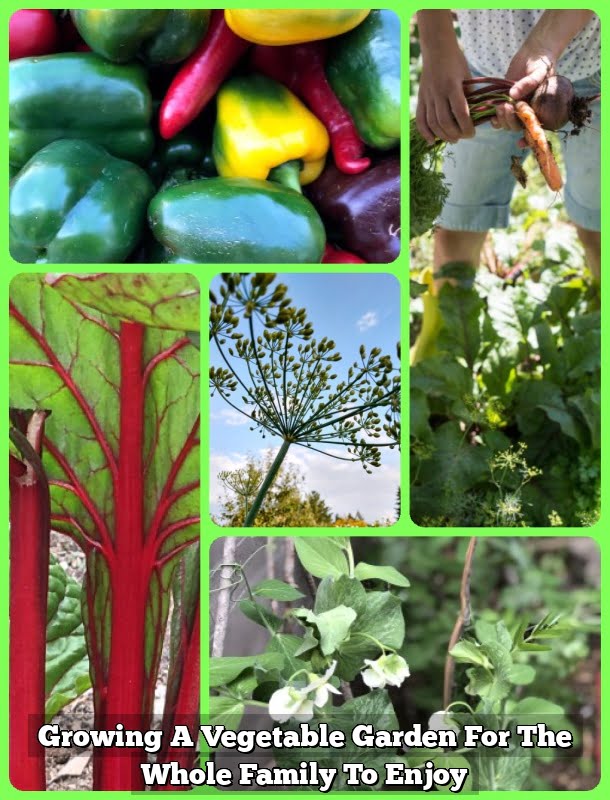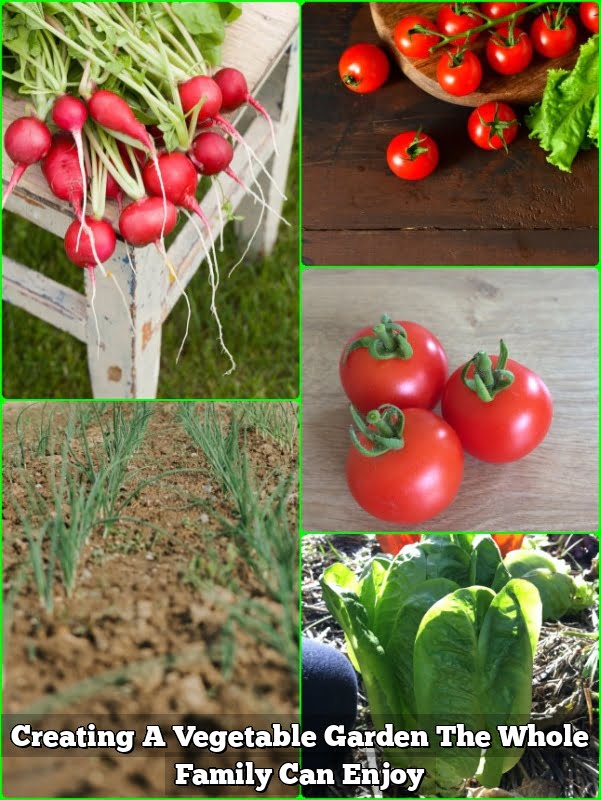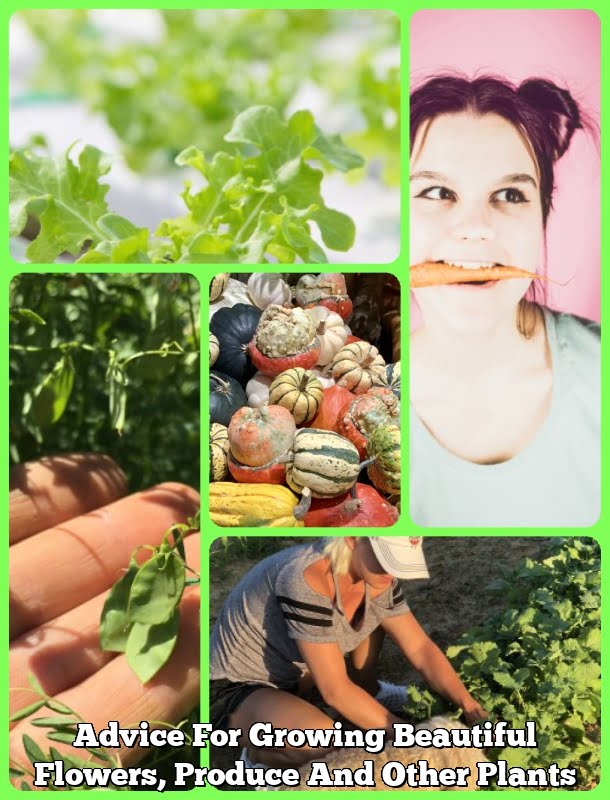A collection of tips on how to begin organic gardening, makes the perfect starting point for a beginner to emerge and hopefully, begin growing their own organic produce much easier. Below is just such a collection that will hopefully assist the eager novice into eventually, becoming a pro, when it comes to organic gardening.
Your plants need to grow in a rich soil. You can buy bags of soil but they can be quite expensive. You can also easily create your own: you need to use perlite, vermiculite and peat in equal quantities. You should also add a small quantity of lime and compost if needed.
Planting a living hedge around your property has many benefits. Hedges provide a softer barrier to mark the perimeter of your property and are less forbidding than a structured wall. A living hedge will provide privacy but still discourage trespassing by animals or people. If you have a hedge that blooms, it can be a lovely backdrop in addition to your landscape.
A great tip when starting your own organic garden is to sprinkle milled sphagnum moss on your seeds in order to prevent damping-off. Damping-off is a fungal disease that will cause your seeds and seedlings to rot. If your seeds need light, you should sprinkle this moss before dropping your seeds in the moss.
When you are thinking about starting an organic garden, figure out a plan. Creating a plan for where you want to place each plant will be time saving. If you have a short amount of time that can be spent in your garden, having a plan could help you make the most out of that time.
Fill your gardens with flowers. You shouldn’t spend too much time and energy planting annual types of flowers as they will only last one season. Keep these types in a limited area of your garden. For larger areas, go with perennials. That way you will have flowers again next year.
Cultivate your soil to improve the quality of your soil. When you cultivate, or till, your soil, you loosen up parts that may be compacted. Compacted soil does not absorb water well, and it discourages soil micro-organisms from growing in it. When your soil is properly tilled, seeds can thrive and grow.
Feed your roses naturally. You don’t need to use chemical fertilizer to feed roses. Bury banana skins and crushed eggshells near the roots of rose bushes to supply them with extra vitamins and minerals. 1 tablespoon of Epsom salts dissolved in 1 pint of water is a marvelous pick-me-up for roses, and if you grow garlic around your rose bushes, it will help to keep them free of greenfly.
When you are ready to mulch, choose an organic mulch. Cocoa hulls or weed-free straw are great examples. The mulch will eventually decompose and add rich, organic nutrients to your soil. Just add a couple of inches to your garden each year and you will see the long-term benefits.
Grow basil successfully. Basil is an annual warm-season herb, very susceptible to cold and frost. Sow seed in spring at a depth of about 1/2 inch in full sun. Keep the soil evenly moist. When the basil reaches about 6 inches, pinch out the top to encourage bushy growth. Pick continuously before any flower buds open. Pick leaves in the morning after dew has dried, and don’t over wash leaves, as you will lose the aromatic oils.
You can get the most out of the time you devote to your organic garden by keeping all of your commonly-used tools handy. Pick gardening clothes with plenty of sturdy pockets for your tools. A bucket or tool belt will also make a convenient home for those tools you use most frequently.
The best way to spread mulch on your organic garden is with a flat-headed rake. A flat-headed rake is effectively two tools in one. You can use the tined side to distribute mulch over fresh areas. When you flip the rake over, its flat side makes an efficient tool for smoothing your mulch and making sure it is distributed evenly.
Keep kitties looking for a bathroom out of your garden with natural deterrents such as black pepper and orange peels. You can also cover the ground around your plants with chicken wire, or purchase a pack of inexpensive wooden chopsticks and poke them in the ground haphazardly. These ideas can protect your vegetables and herbs from being contaminated by toxoplasmosis, a parasite that can be especially harmful to pregnant women.
Research botanical insecticide formulas, as they are often quite effective in eradicating pests. These natural insecticides are just as effective as chemicals, sometimes even more so. However, botanical pesticides rot rather quickly and tend to disappear.
Get rid of aphids naturally. Most aphids are taken care of by beneficial insects in the garden, but sometimes you will find an infestation. Aphids can cause plants to be stunted or distorted, and can create a sticky mold that will quickly spread from one plant to another. Use a homemade spray to blast aphids off the plant. A forceful jet of water 2-3 times a day will quickly get rid of them. For a stronger infestation, use insecticidal soap.
Try to get a good composition of healthy soil in your garden. Healthy soil is generally more resistant to pests and other negative influences. How can you tell when a soil is “healthy?” Generally a healthy soil contains a good combination of earth worms, helpful microbes, and a good deal of mulch and compost on the surface area.
If you are wanting to start your own organic garden, you should always have a plan before beginning. This will assist you in determining where your plants should be located, which will give you a head-start when you are outside planting your plants. If you have plants that have a short life-span, planning ahead what you want to plant in their place is very important.
Hopefully, this collection of tips were enough to give you a great start on what to do and expect when it comes to growing your own organic plants. This collection was carefully constructed to be an aid in your arsenal, so that you can begin to hone your organic gardening skills into growing healthy organic produce.

If you’re looking to get into vegetable gardening, or are just looking for some tips on how to make your current garden better, then you’ve come to the right place! My name is Ethel and I have been gardening for years. In this blog, I’m going to share with you some of my best tips on how to create a successful vegetable garden.





